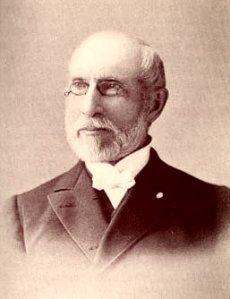She only touched the hem of His garment
As to His side she stole,
Amid the crowd that gathered around Him,
And straightway she was whole.
Chorus
Oh, touch the hem of His garment,
And thou, too, shalt be free;
His saving power, this very hour,
Shall give new life to thee!
She came in fear and trembling before Him –
She knew her Lord had come;
She felt that from Him virtue had healed her –
The mighty deed was done!
He turned with: “Daughter, be of good comfort –
Thy faith hath made thee whole!”
And peace that passeth all understanding
With gladness filled her soul.
Longtime Salvationists will remember this as a Songster selection, before it was printed in the 1955 and 1987 Song Books. It has not been included in the 2015 Edition. The lyrics tell the story of the woman who, in great faith, pressed her way through a crowd to touch the hem of Jesus’ garment, and was immediately healed from her illness. The story is found in Mark 5: 25-34. It ends with Jesus’ reassuring words: “Daughter, your faith has healed you. Go in peace and be freed from your suffering.”
 The author, George Root, was an American music teacher who lived from 1820 to 1895. He was a church organist and also taught music in schools in Boston, at one time assisting Lowell Mason. For a time, Root taught in schools in New York, including the New York Institute for the Blind, where Fanny Crosby was one of his students! In 1858 he moved again – this time to Chicago, where he began working for music publishers Root and Cady. Following this, Root worked with the John Church Company of Cincinnati. During his lifetime George Root wrote several hundred songs as well as compiling collections of songs and ballads. The only other song of his, in both the 1987 and 2015 Song Books, is Come to the Saviour, Make No Delay .
The author, George Root, was an American music teacher who lived from 1820 to 1895. He was a church organist and also taught music in schools in Boston, at one time assisting Lowell Mason. For a time, Root taught in schools in New York, including the New York Institute for the Blind, where Fanny Crosby was one of his students! In 1858 he moved again – this time to Chicago, where he began working for music publishers Root and Cady. Following this, Root worked with the John Church Company of Cincinnati. During his lifetime George Root wrote several hundred songs as well as compiling collections of songs and ballads. The only other song of his, in both the 1987 and 2015 Song Books, is Come to the Saviour, Make No Delay .





